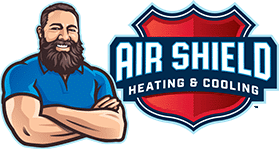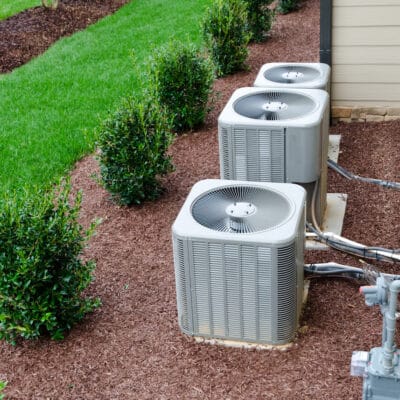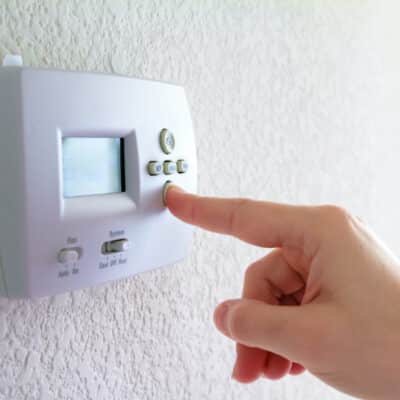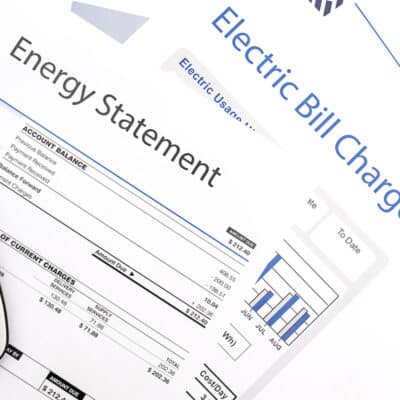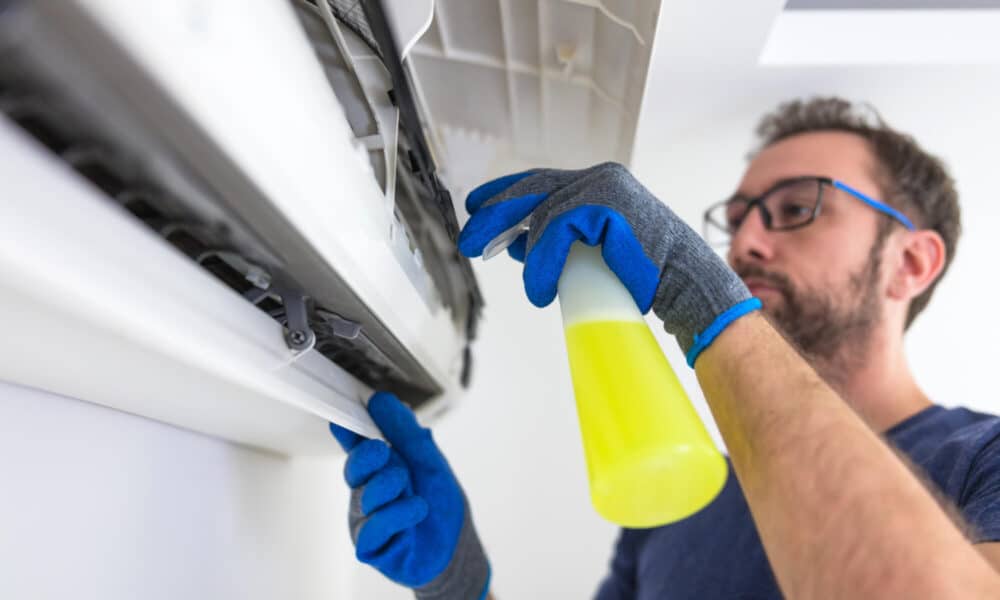
Did you know that most AC systems will eventually wear out by the 15-year mark? Replacing them isn’t cheap, as some AC unit replacements can cost upwards of $7,900.
The last thing you want is for your current system to break down and need a replacement. It’s better to spend a little every now and then for maintenance and minor repairs. But how often should HVAC be serviced, and what do they look for?
Here are the best HVAC service practices for homeowners.
The Importance of a Regular HVAC Check-Up In Florida
Anyone who lives in Florida knows what the climate is like. High humidity and soaring temperatures make the inside of your home a refuge. However, that assumes your AC system is working as it should.
Regular HVAC maintenance can help prevent system failures and maintain your system’s efficiency. It can help you save money later on, especially if you manage to catch minor issues before they become major problems.
In turn, preventative maintenance allows your system to last longer and reduces the need for costly replacements. Clean filters and ducts ensure that the air you breathe is free of allergens and pollutants. A well-maintained system will also provide better cooling and heating.
How Often Should HVAC Be Serviced?
An HVAC maintenance schedule in Florida will look relatively the same, regardless of where you live. The key is to make sure your system has a long lifespan without waning functionality during the most important months.
The most important check-ups happen during the spring and fall. These are the times when the temperatures are most mild. If you do have to get a full system replacement, you won’t suffer as much as you would during a winter chill or the summer heat.
You’ll also want to perform preventative maintenance on your own and call for help if there has been a recent storm. Things like power outages may call for an inspection.
Spring Check-Up
The spring check-up prepares your air conditioning system for the upcoming hot months. Those are the months that can push your system to the brink, especially if you live in a hotter climate like Florida.
A spring maintenance session includes tasks such as:
- Cleaning or replacing air filters
- Checking refrigerant levels
- Inspecting and cleaning coils
- Lubricating moving parts
- Inspecting electrical components
Dirty air filters can stymie airflow, forcing your system to work harder to move air throughout your home. Refrigerant is used to cool that air. Low refrigerant levels mean that your system won’t create cool air.
The evaporator and condenser coils absorb heat from the indoor air and then turn it into a liquid. Cool air won’t come out of your vents if either of those coils stops working.
Lubricating moving parts and inspecting electrical components are essential for any system. Parts that grind against each other will take on excessive wear and tear, leading to early failure. You also want to make sure that all of the electrical components are connected and functioning properly.
Fall Check-Up
Fall check-ups aren’t as important in Florida as in the northern states. However, the region can still get some cold nights that require a heater to avoid near-freezing temperatures.
Common tasks during a fall maintenance session include:
- Inspecting and testing heating elements
- Checking and cleaning the blower assembly
- Inspecting ductwork
- Ensuring proper airflow and ventilation
If the heating elements aren’t working, your system will only blow room-temperature air. A malfunctioning blower assembly means heated air won’t get pushed throughout your house as effectively as it should. Leaky ductwork could mean some of your heated air leaks out into either your floor space or attic.
Monthly DIY Maintenance
Outside of those two routine checks, homeowners should perform basic monthly upkeep on their own. The kinds of maintenance tasks they’re responsible for are:
- Replacing or cleaning air filters
- Checking the outdoor unit and clearing it of debris
- Monitoring the thermostat
- Inspecting for unusual sounds or smells
On top of that, homeowners should stay aware of how their HVAC system functions daily. If it struggles to cool or heat the house, then that is likely a sign of some issue with the unit.
Emergency Check-Up
It’s usually a good idea to get an emergency check-up after certain weather patterns, such as deep freezes or hurricanes.
Hurricane winds are strong enough to snap off large branches and throw debris at your home. There’s a good chance that your outdoor unit can take damage from this debris and cause problems cooling and heating your home.
In addition, power surges due to lightning strikes or power outages can cause damage to your home’s electrical components.
Even if you believe your HVAC system hasn’t taken any damage, it’s a good idea to have a professional give it a look over.
HVAC Service Frequency Tips
The best HVAC service practices include going the extra mile to protect your system.
In Florida, that means utilizing salt air protection for coastal areas and humidity control. Salt air can corrode your systems, so you should utilize protecting coatings on outdoor components to mitigate that corrosion. If your system doesn’t have dehumidification features, you may want to install a dehumidifier to improve indoor air quality.
Leaky or dirty ductwork can significantly reduce system efficiency. A professional should inspect and clean it every three to five years. You’ll also want them to inspect the ductwork if you notice a drop in performance or air quality.
Florida HVAC Efficiency Tips and Maintenance
How often should HVAC be serviced? In most places, you’ll want it inspected and maintained at least twice a year. However, the frequency of inspections may go up based on weather patterns or if you’ve noticed a problem with your system.
Air Shield Heating & Cooling provides expert services in Manatee County, FL, and its surrounding cities. Our family-owned and operated company has helped customers throughout the area since 2014. We provide free estimates and flexible financing options.
Reach out today with any questions about your new HVAC system or for maintenance and repairs.

